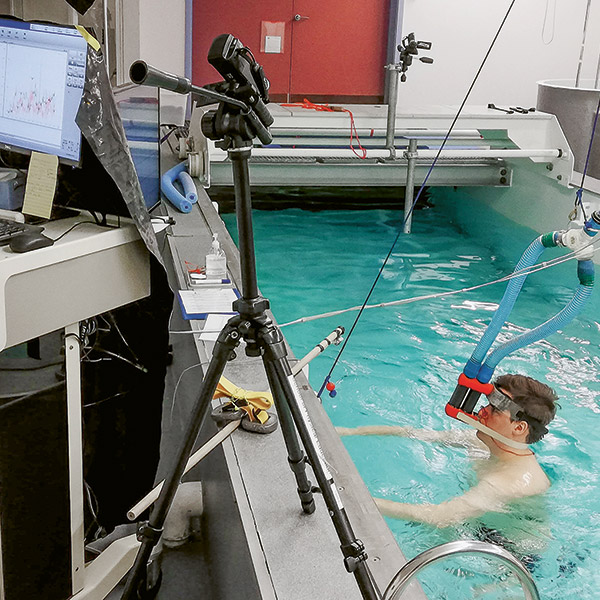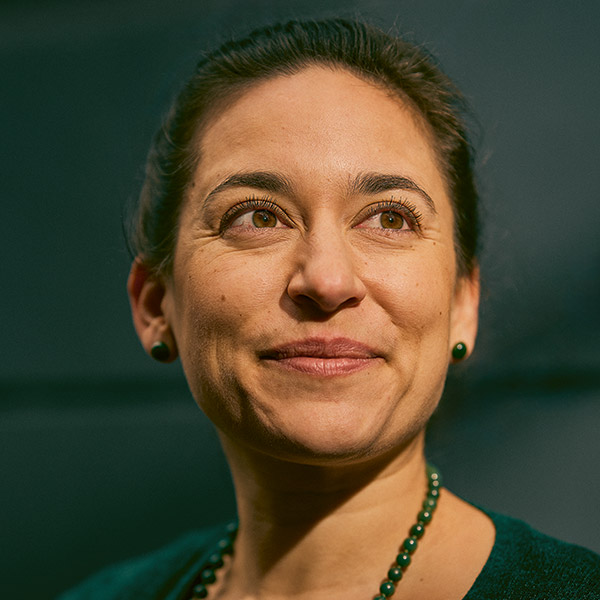People
Staying power
Researchers need staying power: if they are prepared to denounce dangerous societal developments, if they want to stay optimistic despite stress, and if they want to stand firm behind failed projects. We take a look at three courageous researchers.
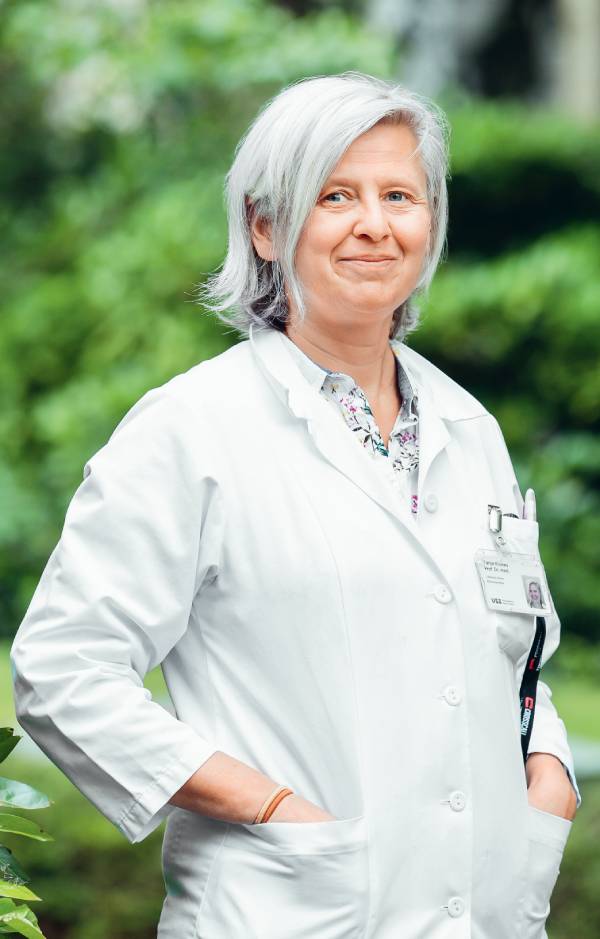
Photo: Nik Hunger
Tanja Krones is the manager of the clinical ethics committee at the Zurich University Hospital. That makes her co-responsible for the triage guidelines of the Swiss Academy of Medical Sciences. In the online magazine ‘Republik’, she has criticised the ‘silent triage’ that has been taking place during the Covid-19 pandemic. Many very sick people, she wrote, are just not making it to hospital any more. “They are no longer transferred there. In some care homes and doctors’ practices, the prevailing attitude seems to be: if someone’s already 85, there’s no point in burdening the hospitals with them any more”. But this only makes sense if the patients themselves don’t want to be admitted, and sufficient palliative care can be provided. “We are probably not even getting to see a lot of cases. But that means that we are in no position to make any assessment of them, and in some circumstances, the patients just don’t get a fair chance”.
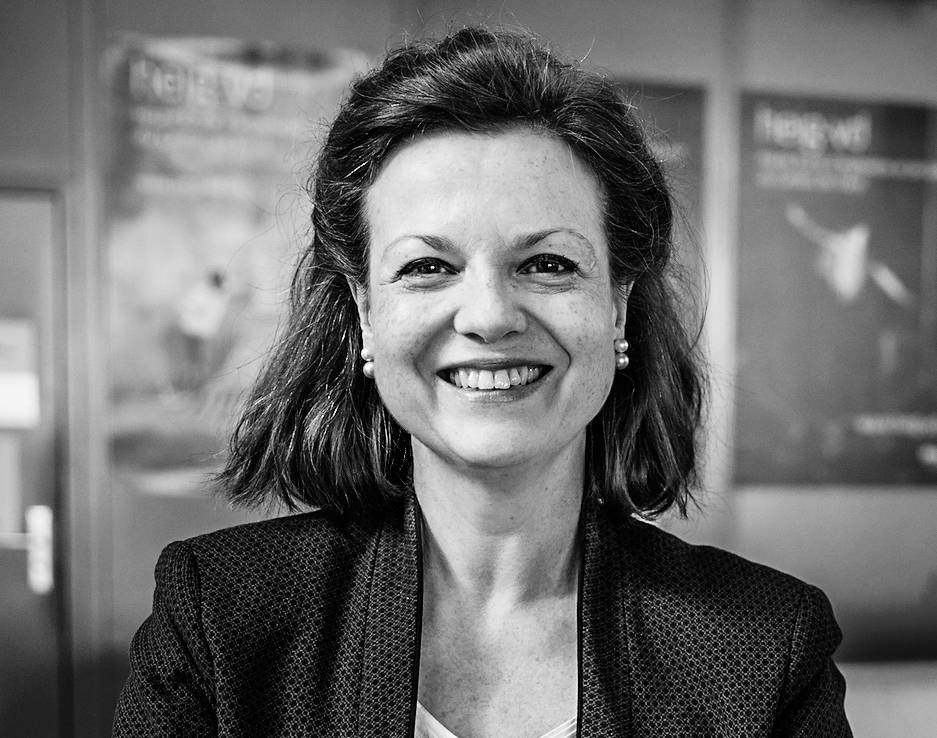
Photo: zVg
Catherine Hirsch is the Director of the School of Management and Engineering Vaud, and she has been confronted with many problems since the beginning of the pandemic. The biggest French-language daily newspaper in Switzerland, ‘24 heures’, asked her for her opinions on the past year and for her perspective on the current year. Hirsch focused on the positive. Distance teaching and learning is a big challenge for both lecturers and students, she said. “I take off my hat to them all, because they have all shown a sense of commitment, adaptability and autonomy”. She is also “pretty optimistic, because our search for ways out of this crisis can prove an accelerant to innovation”.
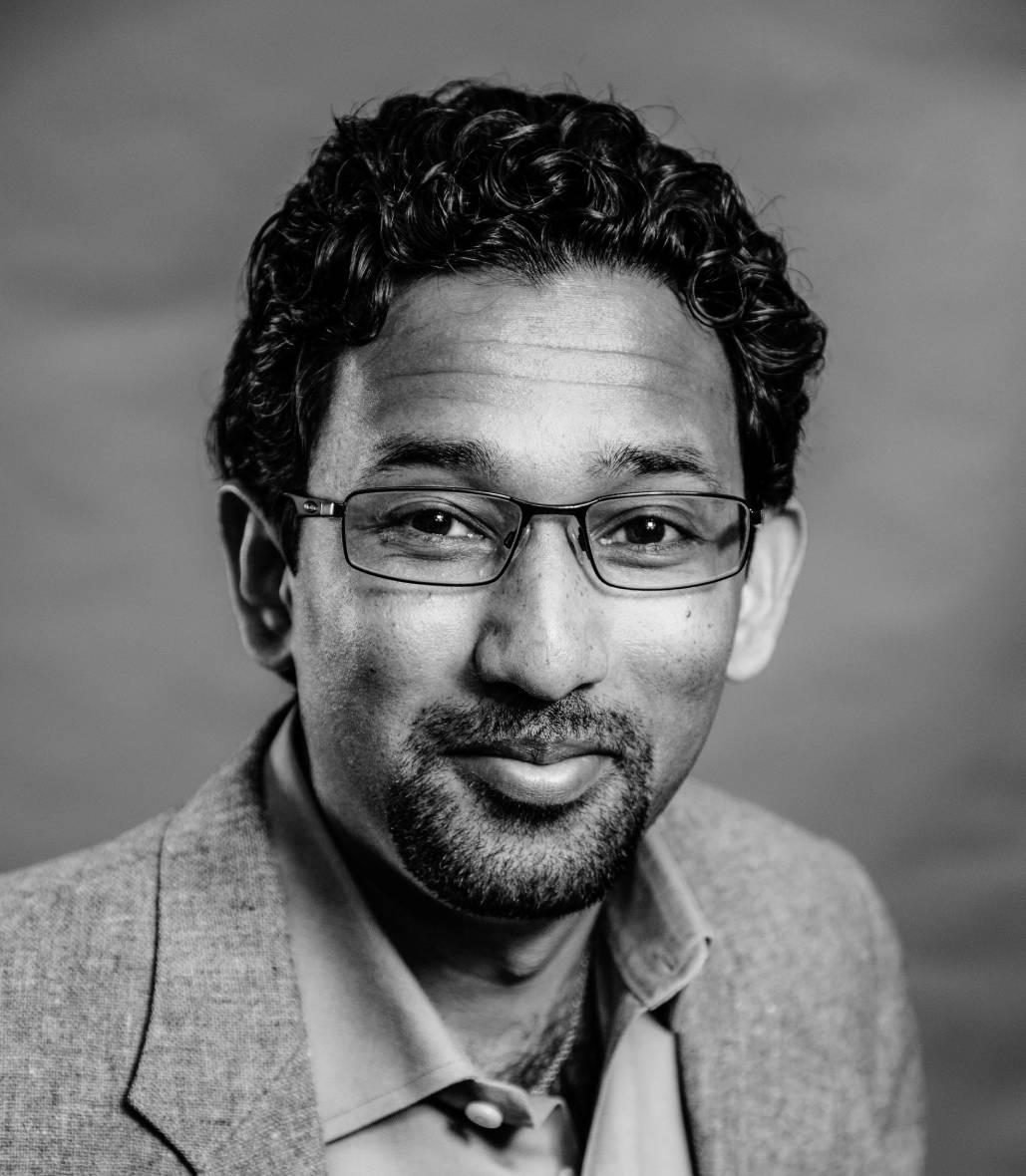
Photo: zVg
The neurobiologist Jeremy D. Bailoo worked as a postdoc at the University of Bern until 2018. A paper on the wellbeing of laboratory mice that was based on his research from that time was granted the ‘Best Negative Data Prize 2020’, an award founded in 2017. Bailoo is currently a researcher at Texas Tech University, and on principle argues in favour of publishing negative results. “Many of my experiments reveal the whole or partial failure of replication attempts. In my opinion, the factors that decide whether or not results should be published ought to focus above all on the experimental study design. After all, we are in the midst of a paradigm shift in biomedical research”.

